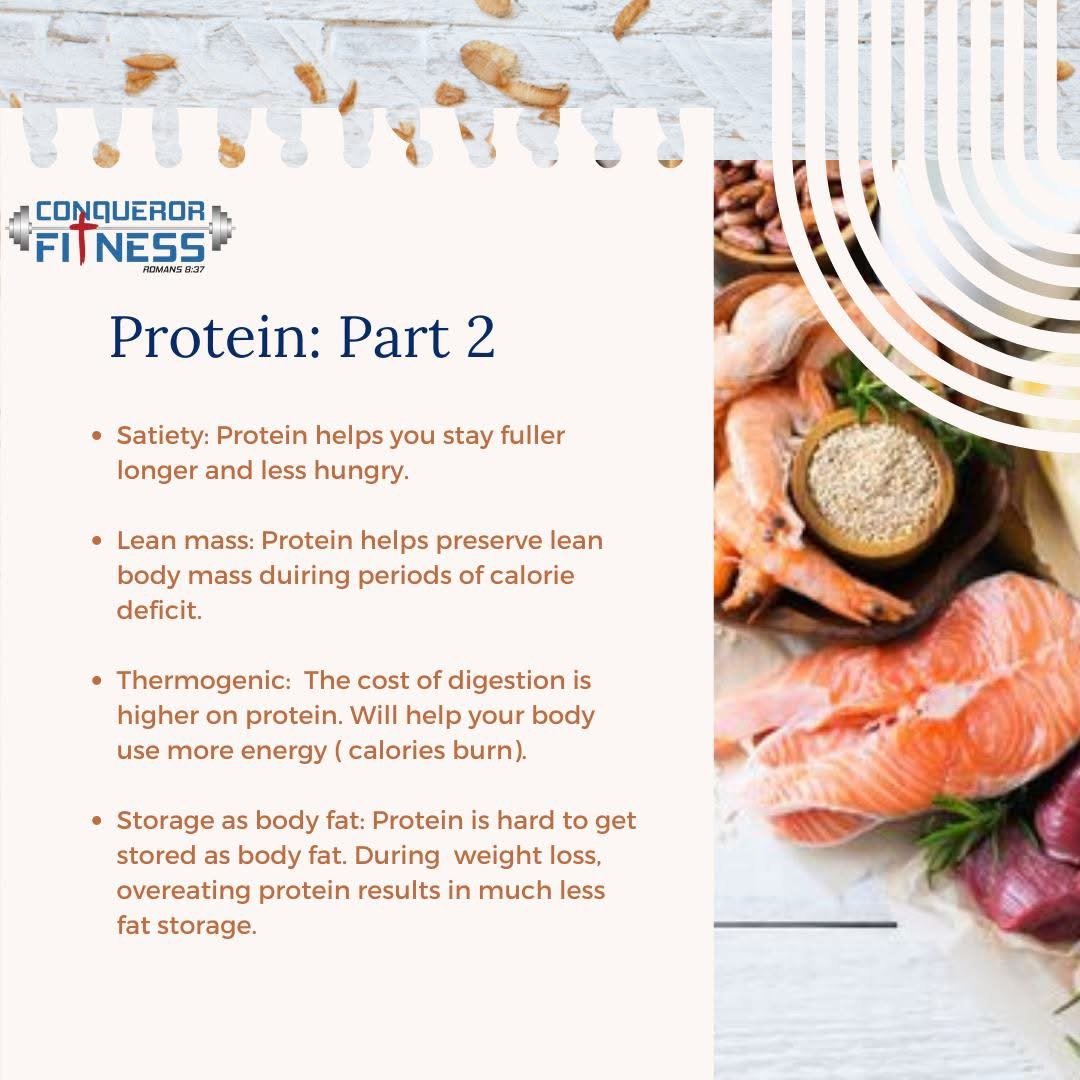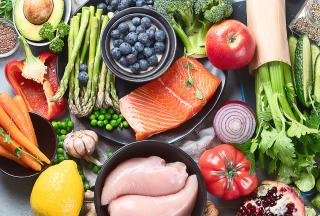BLOG

Protein For Weight Loss!

Protein: The Powerhouse macronutrient.

Nutrition 101
Nutrition 101

What are Macros
What Are Macronutrients?
Macronutrients are the nutrients our bodies need in large amounts for energy, growth, and overall function. The three macronutrients—protein, carbohydrates, and fats—each provide a specific number of calories per gram:
• Protein: 4 calories per gram – Building & Repair
• Carbohydrates: 4 calories per gram – Primary Energy Source
• Fats: 9 calories per gram – Energy & Hormone Regulation
These macronutrients are essential for digestion, absorption, hormone production, immune function, and cellular health.
Protein: The Building Block
Protein is crucial for muscle repair, immune function, and overall body structure. Since protein digestion takes about 4 hours, it’s best to space protein intake evenly throughout the day, consuming meals every 3-4 hours.
Best Sources of Protein:
• Animal-based: Beef, chicken, turkey, pork, fish, eggs, dairy
• Plant-based: Lentils, quinoa, tofu, tempeh, beans
Key Tip: Protein intake supports muscle growth and fat loss, as it increases thermogenesis (calorie burning).
Carbohydrates: Your Body’s Fuel
Carbohydrates are your body’s main energy source, similar to gasoline for a car. Training without enough carbohydrates can slow metabolism, leading to lower performance and recovery. Post-workout carbs are especially important to replenish muscle glycogen.
Best Sources of Carbohydrates:
• Complex Carbs (longer digestion, steady energy): Whole grains, starchy vegetables, legumes
• Simple Carbs (quick energy): Fruits, honey, white riceKey Tip: Eating the right balance of carbs supports endurance, recovery, and overall metabolic health.
Fats: Essential for Hormone Health
Fats play a vital role in hormone production, brain function, and metabolism. This is especially important for women, as healthy fat intake helps regulate hormonal balance and metabolism.
Best Sources of Healthy Fats:
• Oils: Olive oil, coconut oil, avocado oil
• Nuts & Seeds: Almonds, walnuts, flaxseeds, chia seeds
• Whole Foods: Avocado, fatty fish (salmon, mackerel), whole eggs
Key Tip: Include fats in every meal to support overall health and hormone stability.
